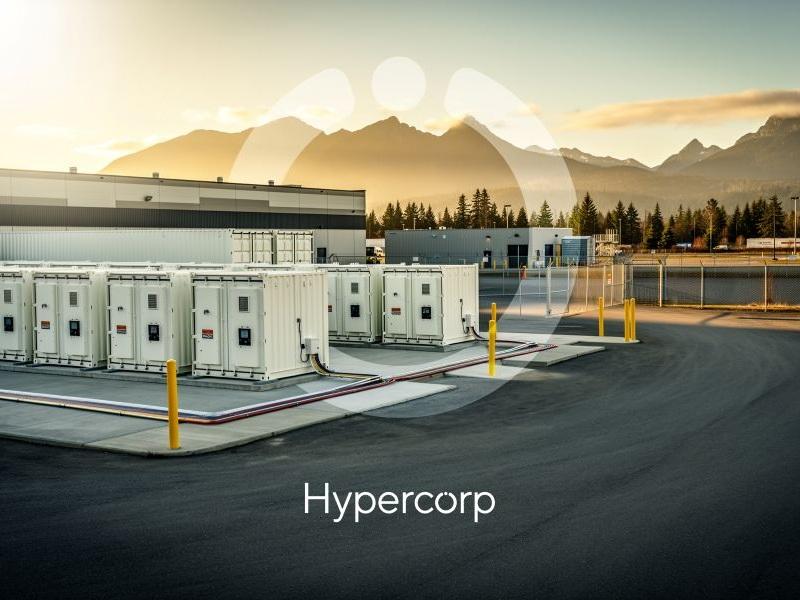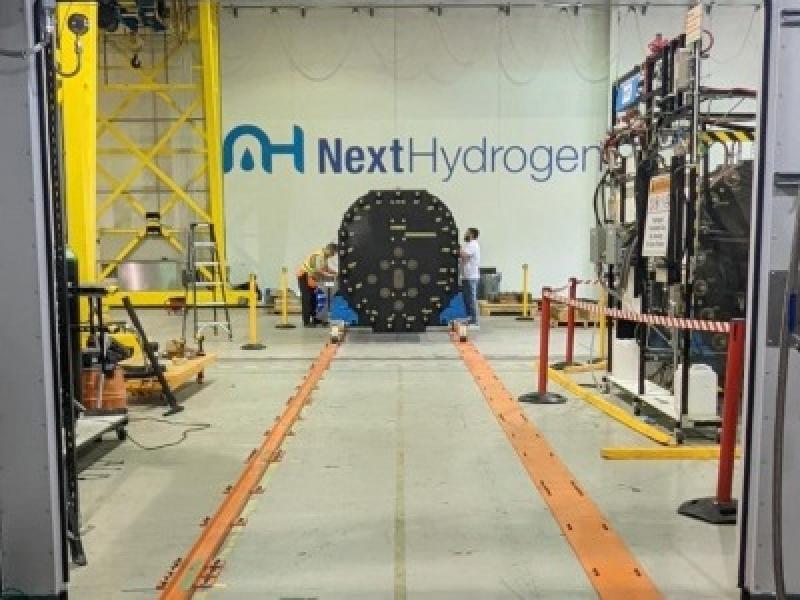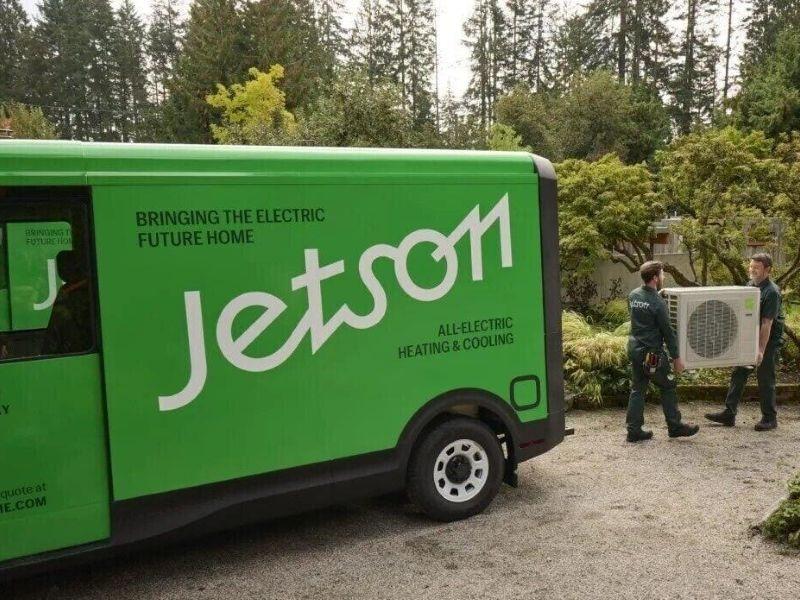
Amazon (AMZN-Q) has nearly eliminated single-use plastic air pillows from its package deliveries in North America, the tech giant announced, as it works to reduce its waste footprint globally.
To date, Amazon has cut the number of plastic air pillows it uses by 95 per cent, and is set to fully remove their use by the end of the year. The initiative for North America replaces almost 15 billion of the package protectors per year, the company says in a release.
Replacing the plastic air pillows is recyclable paper filler which Amazon claims offer equal or superior protection to packaged products, and is also curbside recyclable.
“I’m proud of the cross-Amazon collaboration to make a positive impact on the customer delivery experience with easier to recycle materials. It’s a great example of how we thoughtfully test and scale new solutions to protect our customer experience,” Pat Lindner, vice-president of mechatronics and sustainable packaging at Amazon, said in the release.
From plastic to paper
Lindner, who also spoke to Sustainable Biz Canada, said the initiative started in early 2023. Amazon developed technology to package items in paper, and invented needed equipment including a paper dispenser for its warehouse associates.
Amazon conducted a pilot program in an Ohio facility that was converted to use paper filler, rather than the plastic air pillows.
After testing the paper packing, Amazon implemented the change at other facilities, measuring the reaction from its customers and employees. The company has now decided it can scale the packaging material for continent-wide use.
The recycled paper is sourced from small and large companies in North America, Lindner said. He would not disclose company names due to confidentiality.
“When you’re using recycled paper, it gives you more options to source from people that maybe don’t have access to big virgin paper mills . . . When you get into the recycled market, there’s smaller players that are located closer to municipalities or cities, and that gives us a great opportunity to source this from a number of different companies.”
The remaining five per cent of air pillow use is in smaller, remote sites that only have a single packaging facility or face supply chain restrictions.
Amazon’s 2025 sustainability report will cover this year's paper and plastic use and reduction figures from the initiative, Lindner said.
In July 2022, Amazon’s European operations announced it would begin to eliminate plastic air pillows from its packages. In 2020, Amazon India removed all single-use plastic in packaging in its fulfillment centres.
How Amazon is tackling its waste problem
Lindner said Amazon cannot provide specific data about its Canadian waste or package deliveries.
As one of the world’s largest e-commerce companies, Amazon has been linked to producing massive volumes of packaging waste. Non-profit Oceana Canada claims Amazon generated an estimated 21,300 tonnes of plastic waste in 2019 in Canada. Oceana accused Amazon of producing over 94,300 tonnes of plastic waste in 2022 in the U.S. alone, increasing 9.6 per cent from 2021.
“We’re disappointed that Oceana continues to publish inaccurate data,” Lindner said, adding Amazon produces a “fraction” of what Oceana reports.
Lindner pointed to its reduction in plastic waste from 2021 to 2022 as an example of how Amazon is addressing the problem.
In its 2022 Sustainability Report (the most recent available) Amazon says it used 85,916 tonnes of single-use plastic across its global operations network. It marks an 11.6 per cent decrease from 97,222 tonnes in 2021.
The company also says it has cut per-shipment packaging weight by 41 per cent on average since 2015, and avoided 31,150 tonnes of plastic packaging globally since 2020.
Steps Amazon took to achieve this include its use of machine learning to identify products that can be delivered in lighter, smaller packaging.
Machines that packaged items in non-padded plastic bags were re-designed with sensors that identify the sizes for non-padded paper packaging. This upgrade reduces empty space and excess waste, the report states.
Padded bags with plastics are being substituted with products such as recyclable paper padded bags in the U.S. and Canada.
To reduce additional packaging, Amazon's "Ships In Own Container" program delivers products in their original packaging. Twelve per cent of its Canadian and U.S. shipments are covered by the program as of 2022, with 11 per cent globally, the report states.
Amazon will continue to test technology that replaces plastics with recyclable paper, Lindner said.
Editor's Note: Sustainable Biz Canada updated this article with additional information following an interview with Amazon's Pat Lindner.










